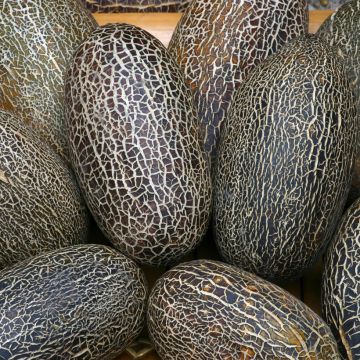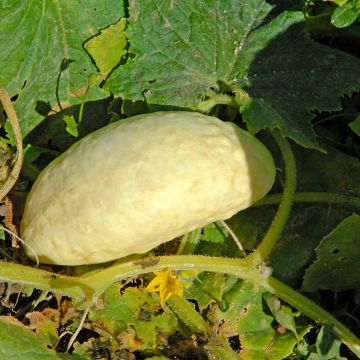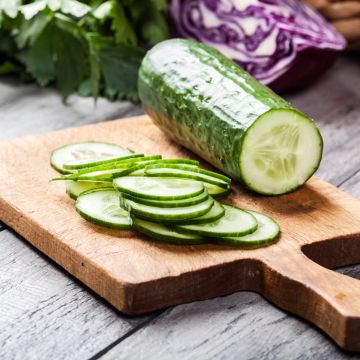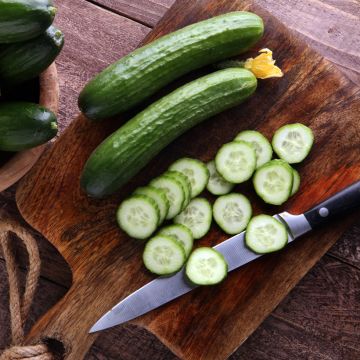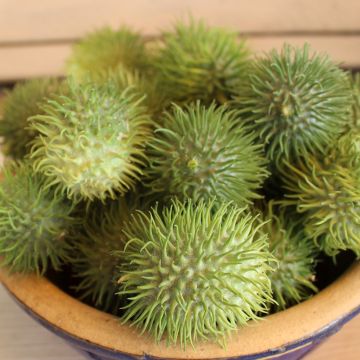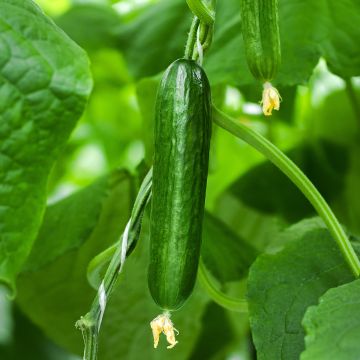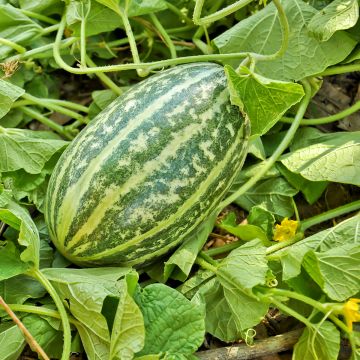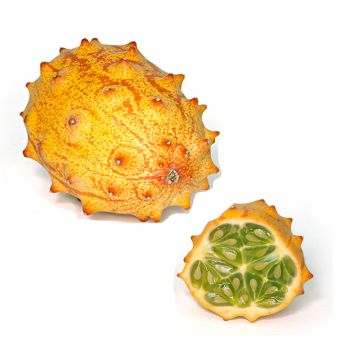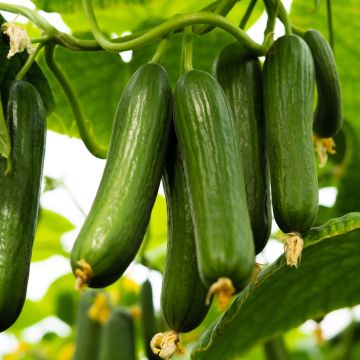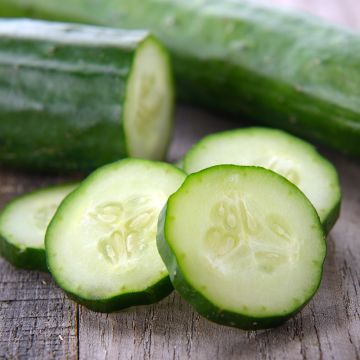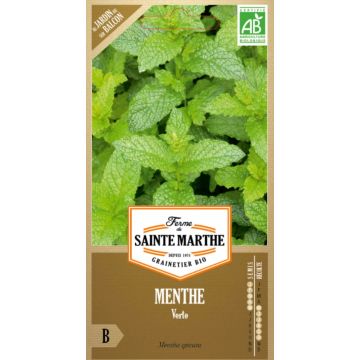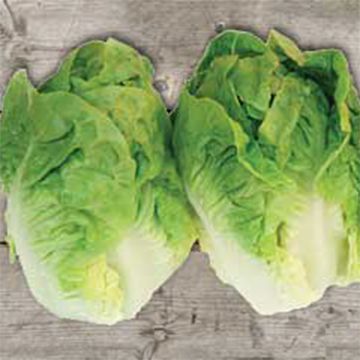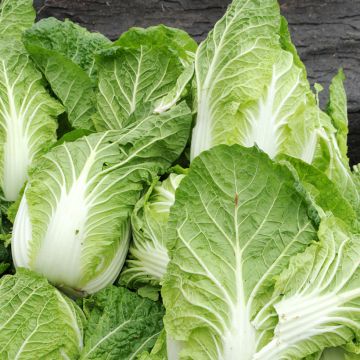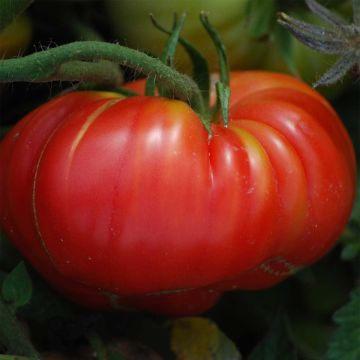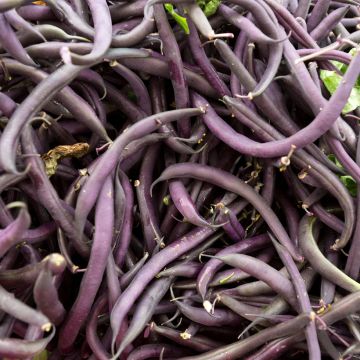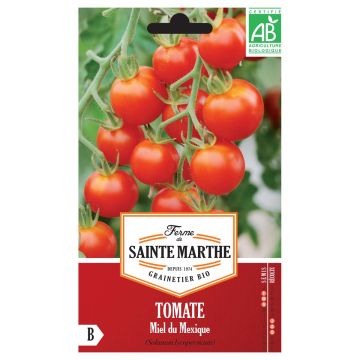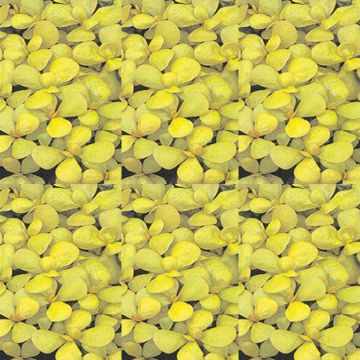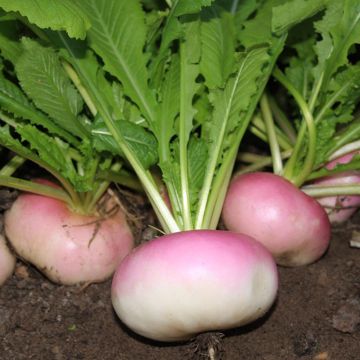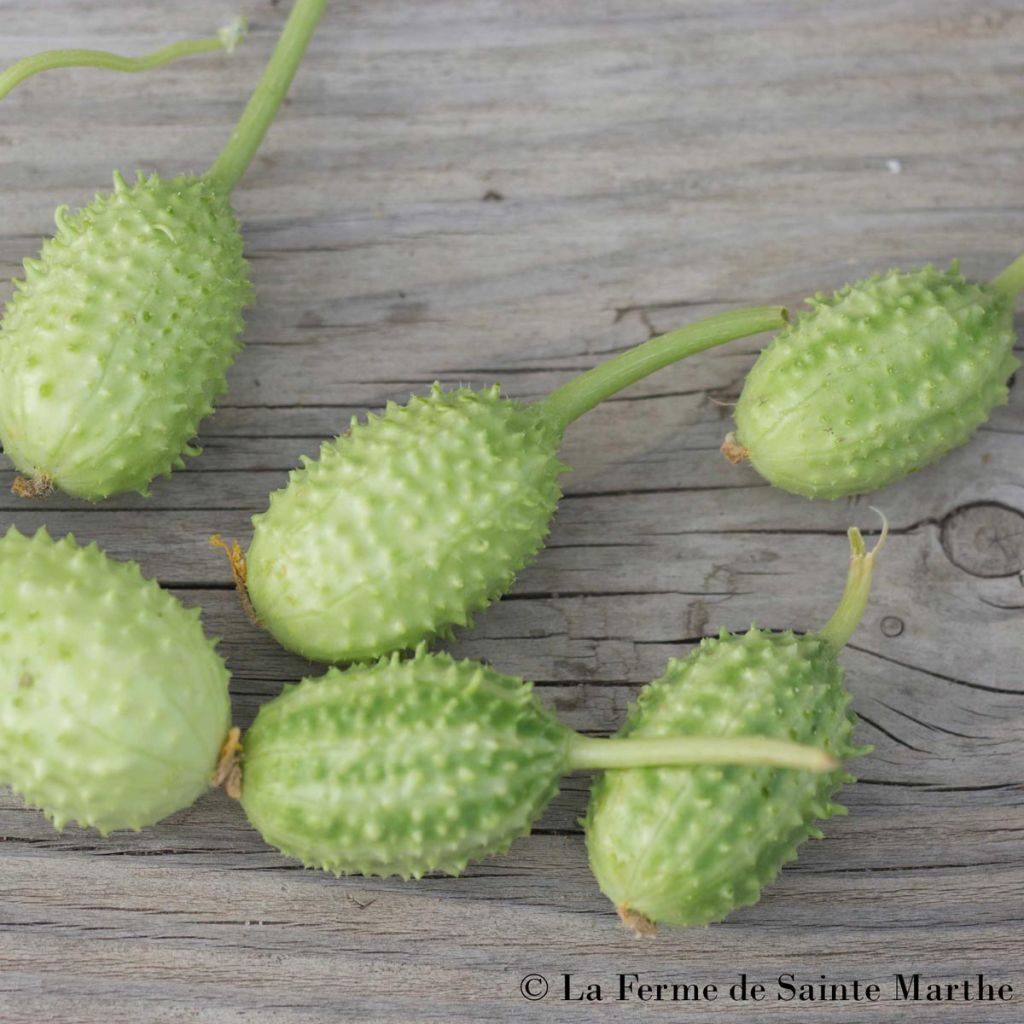

Concombre des Antilles Bio - Ferme de Sainte Marthe
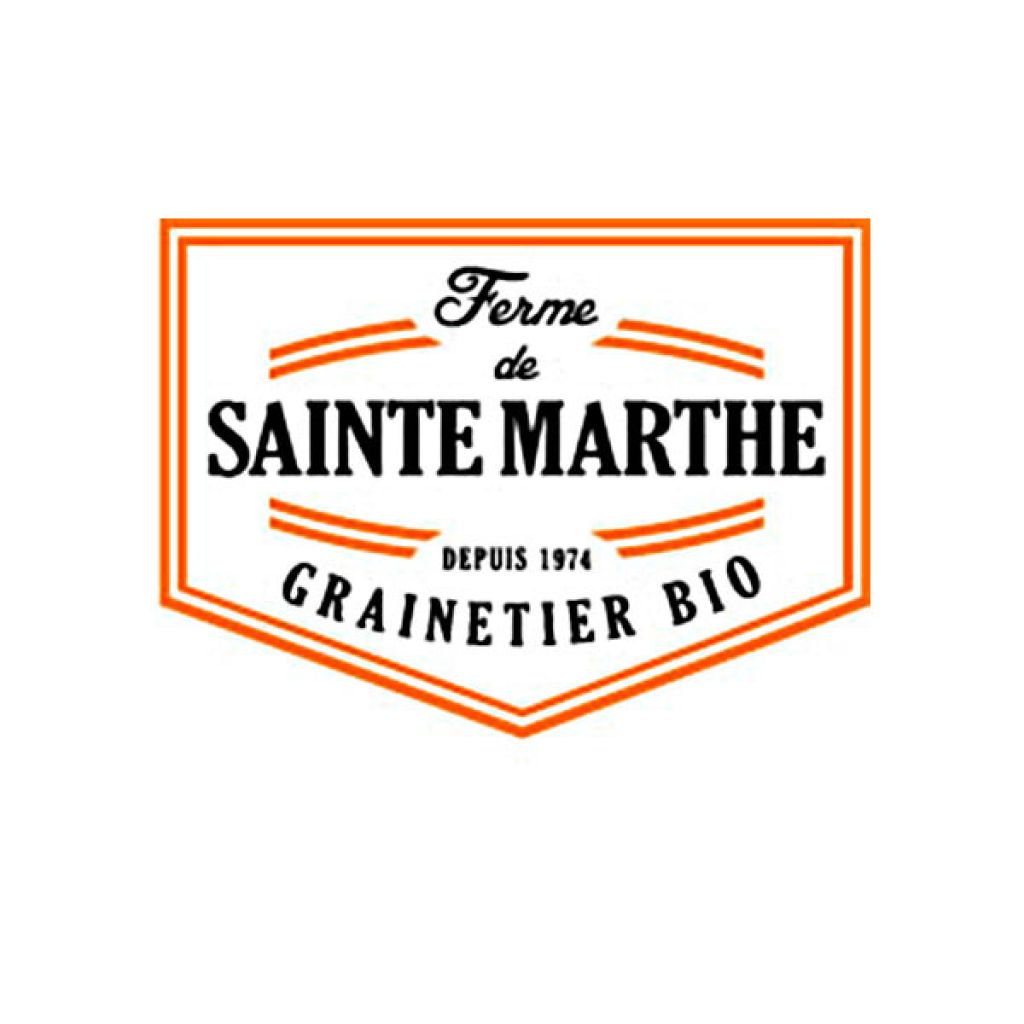

Concombre des Antilles Bio - Ferme de Sainte Marthe
Concombre des Antilles Bio - Ferme de Sainte Marthe seeds
Cucumis anguria
Cucumber
Good germination, so I recommend.
Nathalie89120, 27/02/2025
Special offer!
Receive a €20 voucher for any order over €90 (excluding delivery costs, credit notes, and plastic-free options)!
1- Add your favorite plants to your cart.
2- Once you have reached €90, confirm your order (you can even choose the delivery date!).
3- As soon as your order is shipped, you will receive an email containing your voucher code, valid for 3 months (90 days).
Your voucher is unique and can only be used once, for any order with a minimum value of €20, excluding delivery costs.
Can be combined with other current offers, non-divisible and non-refundable.
Home or relay delivery (depending on size and destination)
Schedule delivery date,
and select date in basket
This plant carries a 6 months recovery warranty
More information
We guarantee the quality of our plants for a full growing cycle, and will replace at our expense any plant that fails to recover under normal climatic and planting conditions.

Description
The West Indian Cucumber, Cucumis anguria in Latin, is an exotic vegetable plant that produces small oblong and spiny fruits, green turning pale yellow when ripe. Its taste closely resembles that of cucumber, being sweet and without bitterness. It is consumed when young, raw in salads, sautéed or as a condiment, pickled in vinegar, like gherkins. This small vegetable is sown in warm conditions in April for a harvest from July to September.
Originating from Africa and belonging to the Cucurbitaceae family, the West Indian Cucumber is a perennial vegetable plant cultivated as an annual in our climates. It is sometimes called Gherkin Cucumber. It has lobed green leaves and produces small oblong and spiny fruits, green turning pale yellow when ripe. Cucumis anguria can be grown horizontally, allowing it to crawl freely, or vertically, trained on a sturdy trellis.
From its African origins, this vegetable has retained a certain requirement for warmth, and its cultivation under glass is highly recommended in regions where summers remain temperate. It thrives in sunny locations with rich and well-drained soil.
Harvest: the harvest takes place from July to September, when the fruits turn yellow.
Storage: freshly harvested West Indian Cucumbers can be stored in the refrigerator for a few days before being pickled in vinegar.
Gardener's tip: Like all cucurbits, this small cucumber may be susceptible to powdery mildew: a white powdery coating appears on the foliage. It is important to remove severely affected leaves and spray with a wettable sulfur every 2 weeks. In case of minor infestation, you can also treat the plants with skimmed milk diluted at 10 to 20% in rainwater. As a preventive measure, avoid watering the foliage and make sure to provide good ventilation if the cultivation takes place under cover. A decoction of horsetail can also be applied to strengthen the foliage's resistance.
Organic or "AB" seeds are derived from plants grown without phytosanitary products (insecticides, herbicides). These seeds also do not undergo any post-harvest treatment. They bear the AB label and are certified by Ecocert, an independent organization.
Report an error about the product description
Harvest
Plant habit
Foliage
Botanical data
Cucumis
anguria
Cucurbitaceae
Cucumber
Cultivar or hybrid
Annual
Other Cucumber seeds
View all →Planting and care
Sowing:
The germination of the Concombre des Antilles occurs at a temperature of about 20°C. The seedling usually takes 8 to 10 days.
The sowing is done, in April, in a bucket or directly in the ground:
In a bucket, one month before the planned planting date, place 2 or 3 seeds in a special seed compost and water with a very fine mist. When the two true leaves appear, keep only one plant per bucket. Keep the young plant at a mild temperature, making sure the substrate remains moist but not waterlogged.
The direct sowing in the ground is done later, in well-warmed soil: sow then in holes of 2 or 3 seeds and proceed as for sowing in a bucket.
During planting or direct sowing, maintain a distance of one meter between each row and 50 to 60 cm between each plant.
Cultivation:
From its African origins, this vegetable has retained a certain requirement for heat, its cultivation under a greenhouse is strongly recommended in regions where the summer remains temperate. It thrives in sunny, rich, and well-drained soil.
The cucumber is a fairly demanding vegetable, which requires well-fertilized soil. It is advisable, preferably in autumn, to add mature compost (about 3 kg per m2), by scratching it to a depth of 5 cm, after having, as for any vegetable cultivation, loosened the soil. It prefers neutral soils (pH 7) but will also do well in slightly acidic or alkaline soil (pH between 5.5 and 7.5).
The cucumber can be grown flat, but to save space, do not hesitate to use its climbing habit by trellising it: on a frame covered with a wire mesh, inclined at 45°, it will provide beneficial shade for lettuces or even in a teepee to bring some whimsy to the vegetable garden.
Seedlings
Care
Intended location
-
, onOrder confirmed
Reply from on Promesse de fleurs
Similar products
Haven't found what you were looking for?
Hardiness is the lowest winter temperature a plant can endure without suffering serious damage or even dying. However, hardiness is affected by location (a sheltered area, such as a patio), protection (winter cover) and soil type (hardiness is improved by well-drained soil).

Photo Sharing Terms & Conditions
In order to encourage gardeners to interact and share their experiences, Promesse de fleurs offers various media enabling content to be uploaded onto its Site - in particular via the ‘Photo sharing’ module.
The User agrees to refrain from:
- Posting any content that is illegal, prejudicial, insulting, racist, inciteful to hatred, revisionist, contrary to public decency, that infringes on privacy or on the privacy rights of third parties, in particular the publicity rights of persons and goods, intellectual property rights, or the right to privacy.
- Submitting content on behalf of a third party;
- Impersonate the identity of a third party and/or publish any personal information about a third party;
In general, the User undertakes to refrain from any unethical behaviour.
All Content (in particular text, comments, files, images, photos, videos, creative works, etc.), which may be subject to property or intellectual property rights, image or other private rights, shall remain the property of the User, subject to the limited rights granted by the terms of the licence granted by Promesse de fleurs as stated below. Users are at liberty to publish or not to publish such Content on the Site, notably via the ‘Photo Sharing’ facility, and accept that this Content shall be made public and freely accessible, notably on the Internet.
Users further acknowledge, undertake to have ,and guarantee that they hold all necessary rights and permissions to publish such material on the Site, in particular with regard to the legislation in force pertaining to any privacy, property, intellectual property, image, or contractual rights, or rights of any other nature. By publishing such Content on the Site, Users acknowledge accepting full liability as publishers of the Content within the meaning of the law, and grant Promesse de fleurs, free of charge, an inclusive, worldwide licence for the said Content for the entire duration of its publication, including all reproduction, representation, up/downloading, displaying, performing, transmission, and storage rights.
Users also grant permission for their name to be linked to the Content and accept that this link may not always be made available.
By engaging in posting material, Users consent to their Content becoming automatically accessible on the Internet, in particular on other sites and/or blogs and/or web pages of the Promesse de fleurs site, including in particular social pages and the Promesse de fleurs catalogue.
Users may secure the removal of entrusted content free of charge by issuing a simple request via our contact form.
The flowering period indicated on our website applies to countries and regions located in USDA zone 8 (France, the United Kingdom, Ireland, the Netherlands, etc.)
It will vary according to where you live:
- In zones 9 to 10 (Italy, Spain, Greece, etc.), flowering will occur about 2 to 4 weeks earlier.
- In zones 6 to 7 (Germany, Poland, Slovenia, and lower mountainous regions), flowering will be delayed by 2 to 3 weeks.
- In zone 5 (Central Europe, Scandinavia), blooming will be delayed by 3 to 5 weeks.
In temperate climates, pruning of spring-flowering shrubs (forsythia, spireas, etc.) should be done just after flowering.
Pruning of summer-flowering shrubs (Indian Lilac, Perovskia, etc.) can be done in winter or spring.
In cold regions as well as with frost-sensitive plants, avoid pruning too early when severe frosts may still occur.
The planting period indicated on our website applies to countries and regions located in USDA zone 8 (France, United Kingdom, Ireland, Netherlands).
It will vary according to where you live:
- In Mediterranean zones (Marseille, Madrid, Milan, etc.), autumn and winter are the best planting periods.
- In continental zones (Strasbourg, Munich, Vienna, etc.), delay planting by 2 to 3 weeks in spring and bring it forward by 2 to 4 weeks in autumn.
- In mountainous regions (the Alps, Pyrenees, Carpathians, etc.), it is best to plant in late spring (May-June) or late summer (August-September).
The harvesting period indicated on our website applies to countries and regions in USDA zone 8 (France, England, Ireland, the Netherlands).
In colder areas (Scandinavia, Poland, Austria...) fruit and vegetable harvests are likely to be delayed by 3-4 weeks.
In warmer areas (Italy, Spain, Greece, etc.), harvesting will probably take place earlier, depending on weather conditions.
The sowing periods indicated on our website apply to countries and regions within USDA Zone 8 (France, UK, Ireland, Netherlands).
In colder areas (Scandinavia, Poland, Austria...), delay any outdoor sowing by 3-4 weeks, or sow under glass.
In warmer climes (Italy, Spain, Greece, etc.), bring outdoor sowing forward by a few weeks.






























